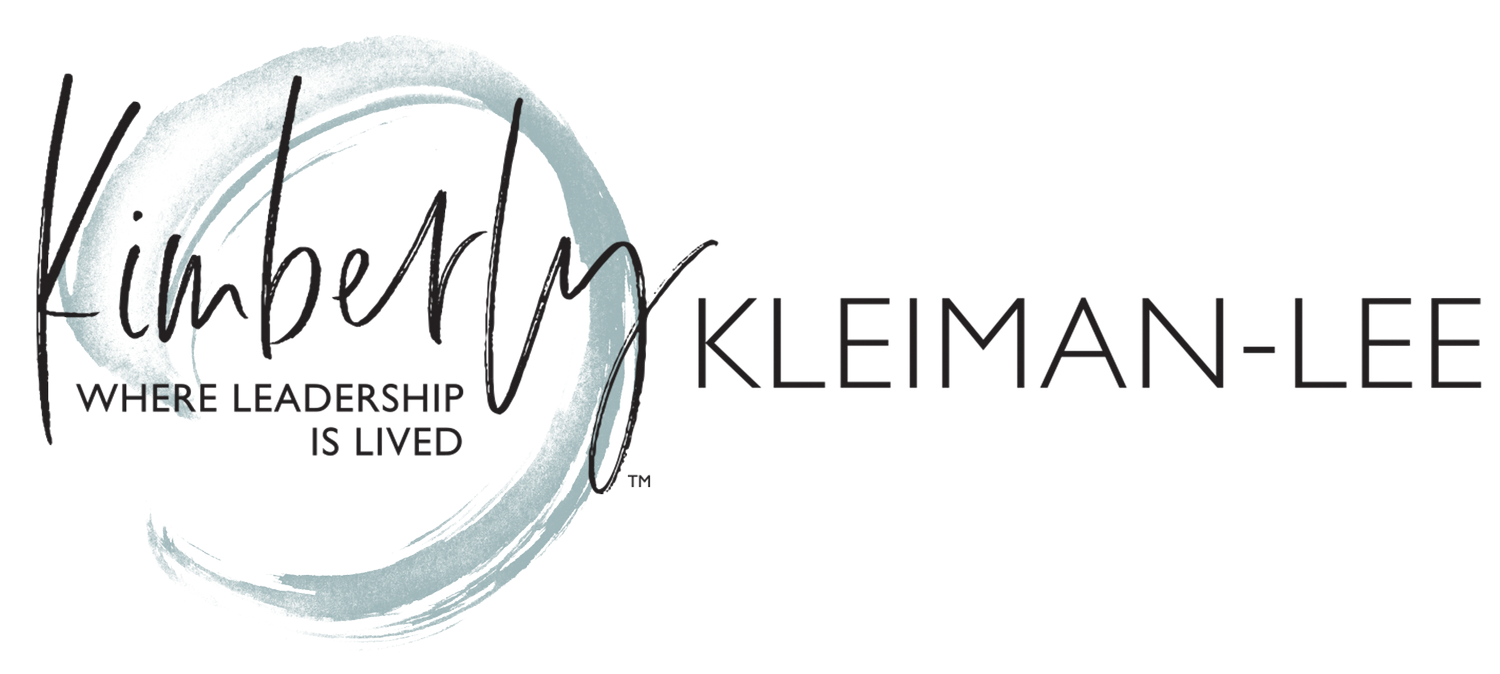Beyond the Punchline: Confronting Disrespectful Humor
Chances are at some point you’ve had a colleague who consistently makes “jokes” that are just as consistently offensive. This colleague is an equal opportunity offender with unsavory references to body shape/size, race/ethnicity, sexuality, physical disabilities, or age. Adding insult to injury, they attempt to sanitize their inappropriate content by insisting it’s “funny” even when their audience’s expressions are clearly displaying shock and ire. Not knowing when to quit, they might even tell others to “lighten up”. Even if allowances are made for differences in humor and sensitivity, this colleague clearly missed the memo about what’s appropriate for the workplace (or anywhere), and it’s time to dust off the guidelines for fostering a respectful, professional environment.
If it’s been a minute since you’ve read a great quote by Plato, your time is now. According to one of our favorite ancient Greeks, “Silence gives consent.” What was true two thousand years ago remains true today. When we hear an inappropriate comment but choose to stay silent, the speaker can and will assume we agree with them, or at minimum are unaffected. There’s no way silence contributes to respect in the face of a disrespectful “joke.” Break the silence and re-establish the expectation that everyone is respected in your workplace.
Just as “silence gives consent”, so does a watered down, “Dude (or Dudette), I think you’re funny, but maybe just chill on the jokes until this blows over.” Suggesting that the problem is a matter of timing instead of inappropriate content, is a hard no. Even laughing uncomfortably is an outright dismissal of others who may feel marginalized or disenfranchised by such behavior. If you want your team to behave respectfully then you’ve got to set the standard with crystal clear language. Giving your colleague a pass doesn’t show respect for their potential to improve, and it certainly doesn’t show respect for the people on the receiving end of the failed humor.
The immediate better thing is to say something in the moment, as the offense occurs.
“Whoa! Let’s steer away from jokes that might make someone feel unwelcome or uncomfortable.”
"That joke could be offensive to some. Let's be mindful of our words."
"While humor is good, what is funny might will differ. Let's keep it respectful, folks."
“Oh, that comment makes me feel really uncomfortable. Let’s unpack that for a minute…”
If others see you stopping the behavior in its tracks, not only will you be exemplifying respectful workplace behavior, but your actions and words will be contagious.
If the situation calls for a sidebar conversation, take a breath and imagine how you would want someone to approach you if your words had caused offense. “Joan, I’ve heard some of the comments and jokes you’ve been making recently. I don’t think you’re intending to offend anyone, but we need to spend some time getting clear about what is and what isn’t appropriate here in our workplace.”
If and when there’s defensiveness or embarrassment, respond with, “I hear you; I’ve made my share of comments that I had NO IDEA were landing so badly. I wish someone had pulled me aside before I’d done more damage.” By including yourself in the category of “I said the wrong thing”, you are now in a position to establish the specifics around what type of humor and language will and won’t work in your community.
It’s possible that your feedback won’t be a one-and-done. Sometimes the behavior persists even after your attempts to reset the expectations, in which case a more meaningful consequence might be necessary. Keep in mind though that one person’s transgression doesn’t warrant a knee-jerk decision to have your entire team view an eLearning on harassment. Just a gentle nudge in the right direction is often all it takes to steer that humor back on course.
“We know from science that suppression of our emotions is actually harmful to our psychological wellbeing. For optimum wellbeing we should acknowledge and feel all the feelings that we encounter in our bodies. Can employees in your organization feel without consequence?”
Shanna B. Tiayon, PhD; founder, Yes Wellbeing Works, LLC
“When I was 19 my boss said I should be a phone sex operator & laughed. I said ‘I don’t get it’ He said ‘it’s a joke’ I said ‘explain it to me’ and that’s how I learned that once sexual harassers have to explain why their inappropriate jokes are funny, they stop laughing.”
Heather Thompson Day, author, I'll See You Tomorrow: Building Relational Resilience When You Want to Quit
Don’t stop now! Learn more from a few of our personal fav resources below:
Disclosure: The resources shared and listed by KKL & Co. are those that have been evaluated to be of high value to our leaders. We are proud affiliates for some of these resources, meaning if you click a link and make a purchase, we earn a nominal commission at no extra cost to you. Please don’t spend any money on these resources unless you believe they will help you become a better human.













